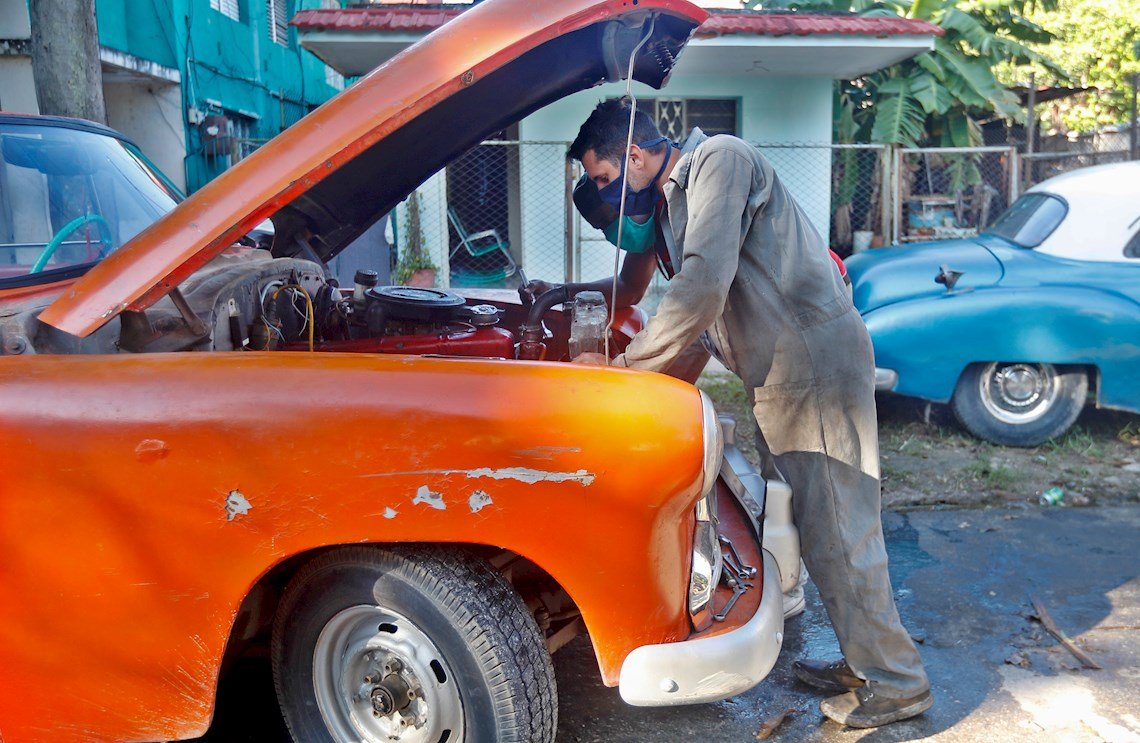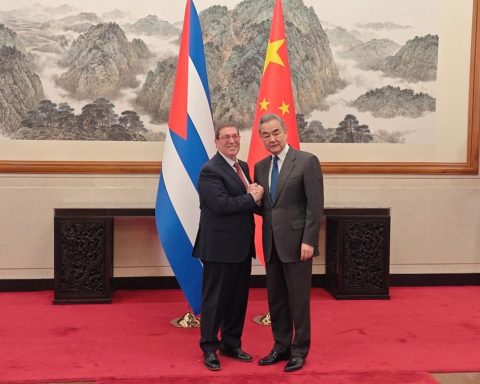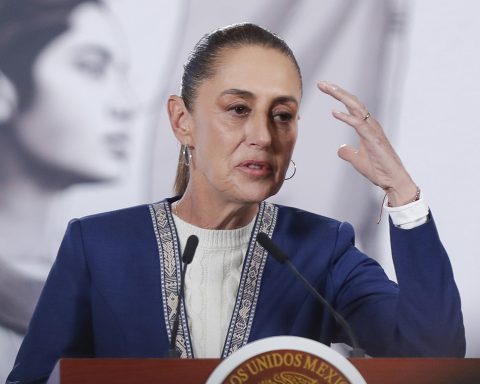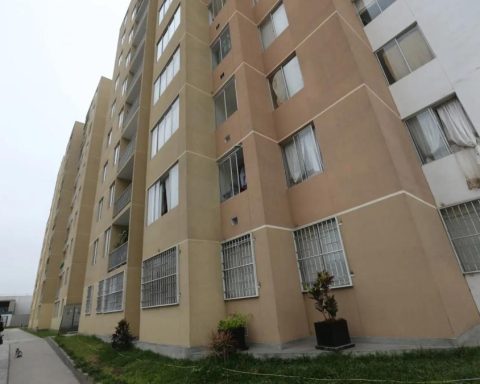The number of micro, small and medium enterprises (MSMEs) companies in Cuba grew this Friday with the announcement of the approval of 95 of these new economic actors by the Ministry of Economy and Planning (MEP).
With the authorization for the beginning of their operations, these new economic actors they reached 4,471 since the first group of them was approved in September of last year.
According to reportOf that amount, 4,364 MSMEs are private, another 51 are state-owned, while the 56 non-agricultural cooperatives that have received the green light so far remain, according to official information.
With this decision, there are 4,471 economic actors approved since the process began in September 2021. Of the MSMEs, 4,364 are private and 51 are state-owned, and there are also 56 cooperatives.
— Ministry of Economy and Planning of Cuba (@MEP_CUBA) July 29, 2022
According to data released by the MEP, 53% of these economic actors have emerged from businesses that already existed and the rest corresponds to new initiatives.
“In total, it is estimated that these economic actors will generate 76,167 new jobs,” said the governing body of the Cuban economy.
It also transpired that of all approved MSMEs, 127 are part of local development projects and a dozen are inserted in the Science and Technology Park of Havana.
In accordance with current laws, MSMEs have their own legal personality, can export and import through state entities, and have been authorized for activities related to accommodation, beauty services, food production, manufacturing, information technology. , logistics and transport activities, among others.
However, they cannot access spheres considered strategic for the State, such as health, telecommunications, defense and the press.
In addition, their form of ownership can be state, private or mixed and they share the Cuban economic panorama with the socialist state enterprise —the main economic actor for the Government—, non-agricultural cooperatives and self-employment (autonomous).
The enacted legislation allows MSMEs to have one or more partners, which are constituted as commercial companies and are classified depending on the number of people employed as: micro-enterprise, made up of up to 10 people; small business, from 11 to 35; and medium-sized company, from 36 to 100 workers.
Its return to the Cuban economic panorama, after disappearing in the 1960s, is part of the strategy designed by the island’s government to try to overcome the deep crisis in the country, aggravated by the impact of the COVID-19 pandemic, the US embargo, and internal difficulties and inefficiencies.

















